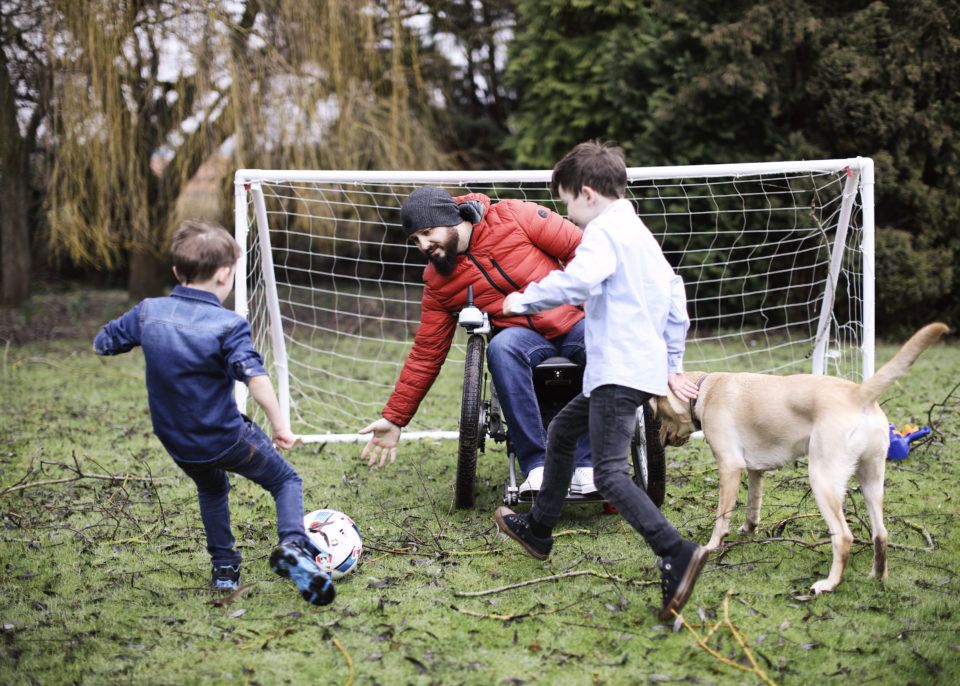
Blesma

Blesma
This project has helped both ex-Service personnel and their families as well as civilians. The report presented the findings using a ‘Living with Limb Loss Support Model’ which identified specific periods where timely support is more likely to be relevant and effective in supporting individual needs and coping levels. This model has now been adopted by a number of stakeholders including centres within the NHS Limb Service in support of civilian and veteran amputees. The Royal College of General Practitioners has incorporated the Limb Loss Model into the GP training programme and the Model is used at the Defence Medical Rehabilitation Centre at Stanford Hall. A Question and Answer crib sheet has also been created to assist persons with limb loss and health professionals in understanding phantom limb pain.
The research also led to internal changes for Blesma including further support for families through the introduction of new activities for families and the Limb Loss Model has been incorporated into the training package for new frontline staff.